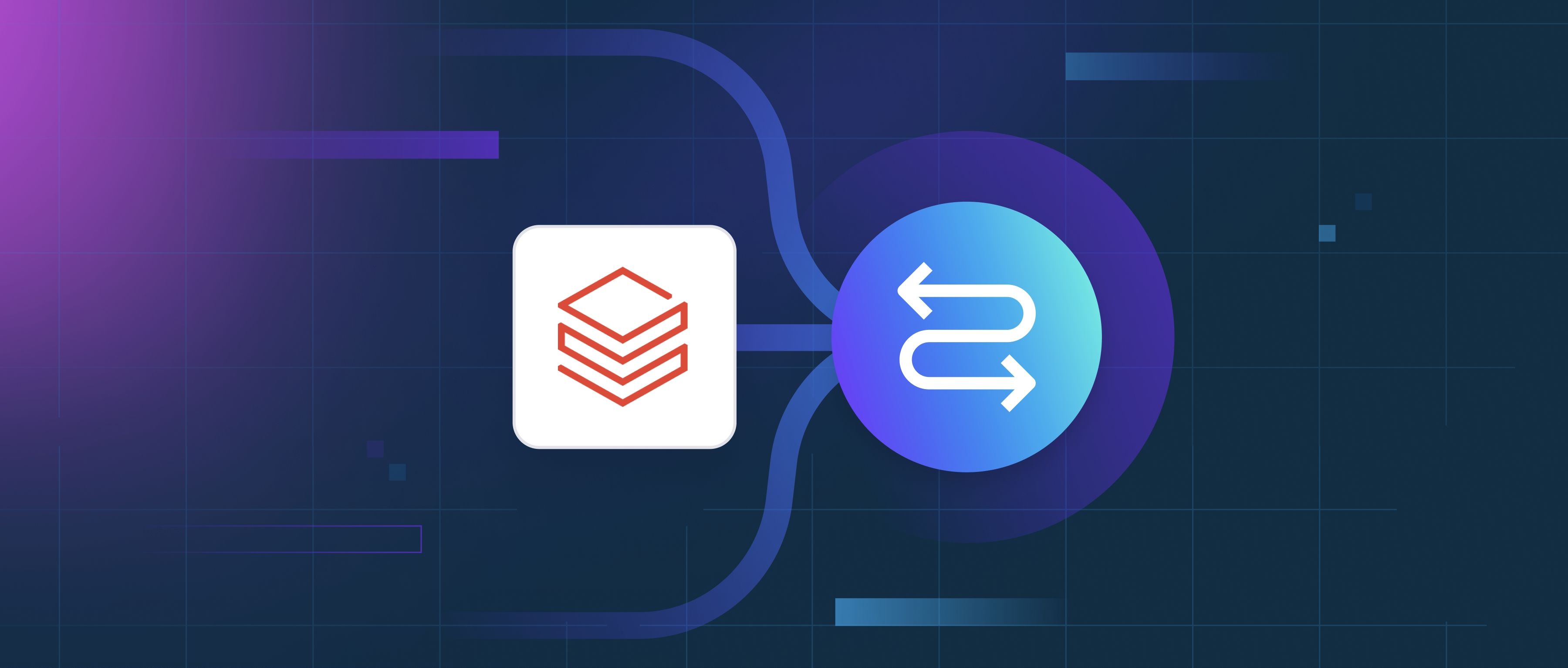The future of deep learning is likely to see more integration into everyday applications, improving functionality and accessibility. As developers continue to refine algorithms and models, deep learning will become more efficient and easier to implement in various projects. This means that developers will have more tools at their disposal, allowing them to embed advanced AI capabilities into applications without requiring extensive expertise in the field. For instance, frameworks like TensorFlow and PyTorch are already making it simpler for developers to build neural networks, and this trend is expected to continue.
Another significant aspect of the future of deep learning is the growing focus on interpretability and ethical considerations. As deep learning models are used in critical sectors such as healthcare, finance, and transportation, understanding how these models reach their conclusions becomes increasingly important. Developers will need techniques to make their models interpretable so that stakeholders can trust their decisions. Moreover, there will be greater emphasis on ensuring fairness and accountability in AI systems, pushing developers to adopt best practices for ethical AI development.
Finally, there is potential for deep learning to advance further in specialized domains like natural language processing, computer vision, and reinforcement learning. For example, in healthcare, deep learning can assist in diagnosing diseases by analyzing medical images. In the realm of self-driving cars, deep learning technologies can enhance perceptions of the environment, allowing for safer navigation. As the technology matures, developers will be better equipped to tackle complex challenges across various fields, leading to innovative solutions that can significantly impact daily life.
